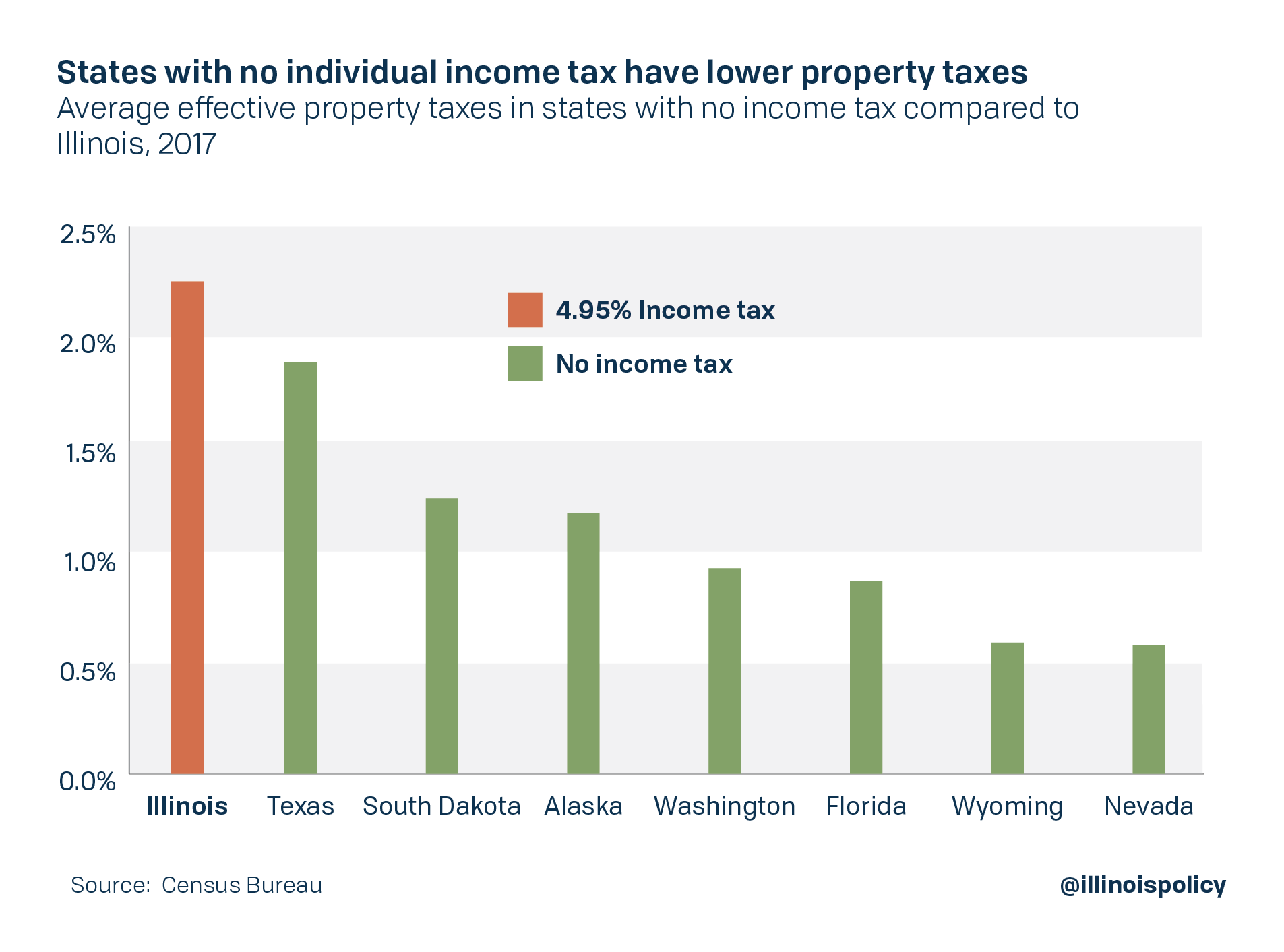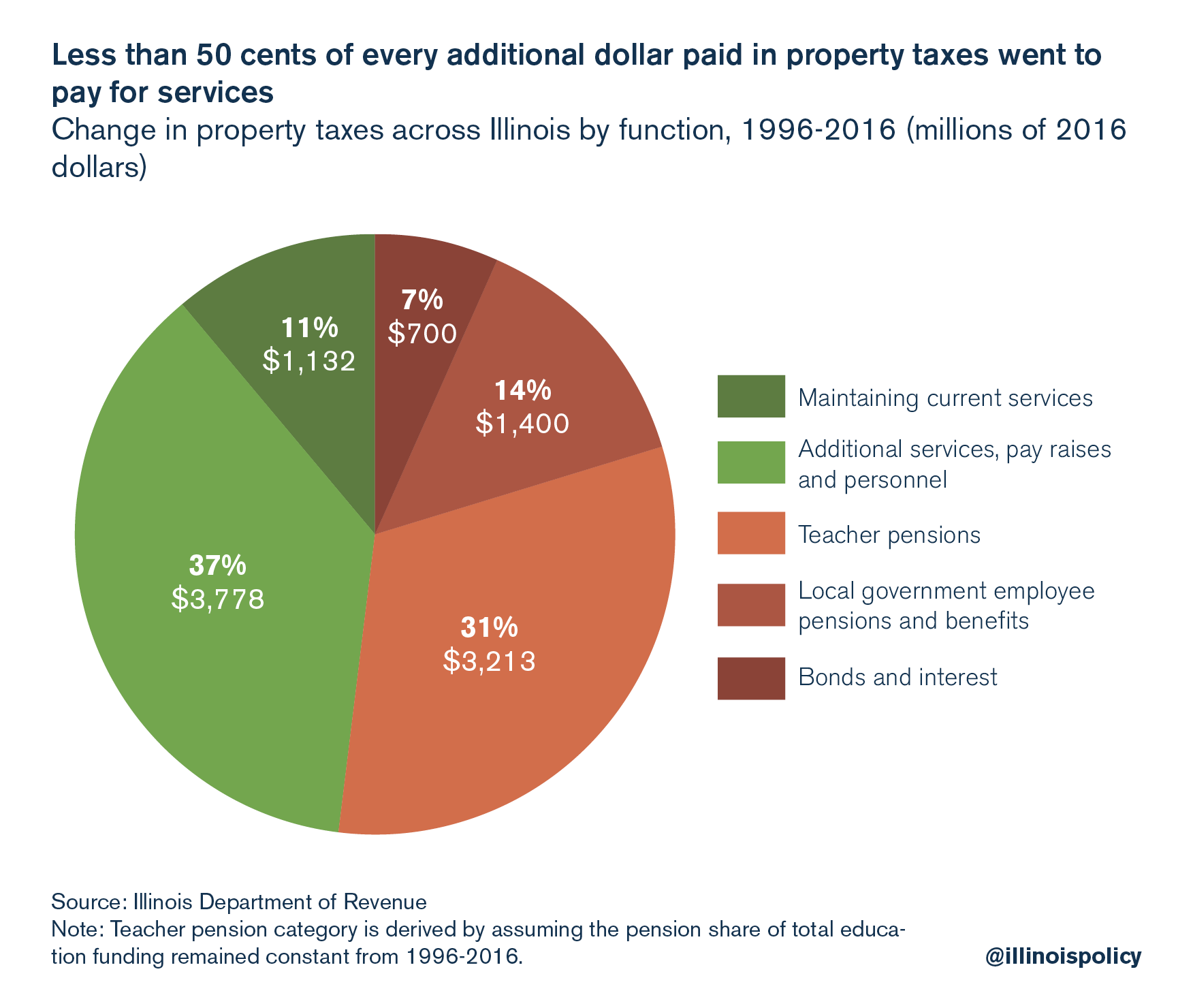Study: Illinois property taxes still second-highest in nation
For the second year in a row, a WalletHub study found Illinois’ high property tax burden is second only to New Jersey.
Illinoisans are still paying the second-highest property taxes in the nation, according to a recent study.
In an annual analysis of the property taxes in all 50 states and the District of Columbia, finance website WalletHub placed the Land of Lincoln at 50 out of 51. This is the second year in a row the study ranked Illinois’ property taxes second-highest in the nation. New Jersey took the top spot both years.
The average U.S. household pays $2,279 in property taxes each year on a home valued at $193,500, the nation’s median. But Illinois homeowners pay nearly double that amount, at $4,476, for an identically priced home. The median home value in Illinois is $179,700, lower than the nation’s median. Still, Illinois homeowners average $4,157 in property taxes on that home.
While Illinoisans have no shortage of financial reports to remind them of their big tax burden, property taxes remained largely absent from Gov. J.B. Pritzker’s Feb. 20 budget address.
The governor declared, “Workers deserve an income tax cut and a property tax break,” only to present a graduated, or “progressive,” income tax structure as the means for achieving those goals.
In reality, a progressive tax would do nothing to lower property taxes in Illinois. In fact, all seven states with zero income tax – Texas, Florida, Washington, Alaska, Nevada, Wyoming and South Dakota – each enjoy lower property taxes than Illinois. New Jersey’s progressive income tax structure, meanwhile, has failed to rescue residents from a property tax burden that ranks highest in the nation, according to the WalletHub study.

The cause of Illinois’ daunting property tax bills is not the state’s flat income tax, as Pritzker suggests. Rather, Illinois schools’ and municipalities’ massive, unfunded pension liabilities have forced local leaders to continuously hike property taxes to cover those costs.
In 1996, property taxes in Illinois hovered around the national average. But as pension obligations for government workers have skyrocketed, so too have Illinois taxpayers’ property tax burdens. Pension costs have taken about 50 cents of every property tax dollar raised during the past two decades.

Growing pension costs are crowding core services out of local budgets. As a result, Illinoisans are left shouldering sky-high property tax bills.
Pritzker should instead encourage state lawmakers to amend the Illinois Constitution to allow local governments to get their pension costs under control. An ideal pension amendment would protect already-earned pension benefits, while allowing for adjustments to the growth of future benefit accruals, such as cost-of-living increases pegged to inflation.
Without sensible pension reform, Illinoisans will continue straining under heavy property tax bills.